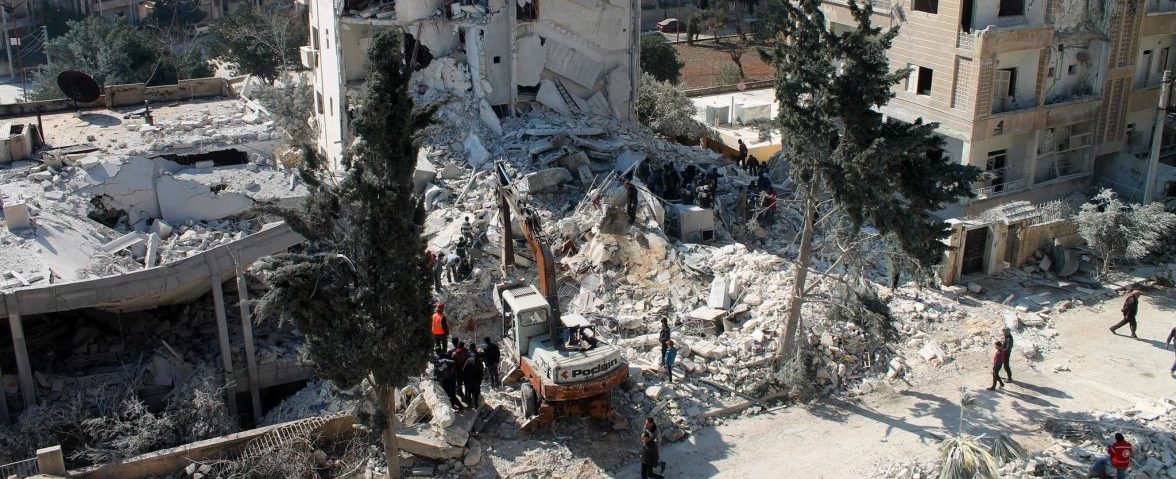The Syrian conflict has been following a familiar pattern. Deescalation zones have been gradually eliminated and the Syrian armed forces, with the support of Russian air power, have organized offensives allowing Moscow to strike deals to evacuate a large number of armed rebels to Idlib Governorate. As a result, Idlib remains the only deescalation zone out of Syrian government control where armed opposition groups and civilians, as well as terrorist groups, have been concentrated. Because of this mix, Idlib has also become a sort of a gray zone for Moscow.
The situation in Idlib is complicated by the Turkish factor. Idlib has been a Turkish zone of influence for quite a while, as Ankara has supported opposition groups there. Moreover, under the Astana agreements, Turkey was supposed to provide security for the area, setting up twelve observation posts for that purpose. Ankara is a Russian partner in Syria and a guarantor of the Astana process. Moscow needs Turkey on board to justify its approach to the Syrian conflict and counterbalance Western and NATO criticism of it. However, with the recent military successes of Syrian regime forces and Russia’s increased assistance, Astana’s role is gradually diminishing, partly shown by the fact that the most recent round of talks was held in Sochi, not the Kazakh capital.
To be consistent with its policies in Syria, it is crucial for Russia to ultimately return Idlib to Syrian government control. Yet, at the same time, Moscow does not want a confrontation with Turkey over the governorate. In recent months there have been several mortar and drone attacks from Idlib Governorate against Russian military personnel, which have given Moscow a legitimate reason to push Ankara toward a plan acceptable to both Turkey and the Syrian government, one that would leave the latter in control of Idlib, but with Turkish interests taken into account.
It is also worth bearing in mind that Russia is seeking a return of Syrian refugees to their homes and Turkey is seen as a crucial partner in this regard as it hosts the largest number of refugees. This means that any major military offensive against Idlib from the Russian side is now off the table, because otherwise it would cause another major refugee flow toward Turkey’s borders, which goes against Moscow’s and Ankara’s plans.
Another important factor is the Kurds, who are most likely going to be a part of any formula for Idlib. Recently, contacts have intensified between Syrian Kurds and Damascus and the Kurds and Russia. The Kurds are considering an option to make a deal with Damascus that would probably give them some sort of autonomy, while Damascus would get back its oil and gas fields and refineries. Undoubtedly, a final outcome in Idlib is also about Turkish security concerns and the guarantees that Ankara can eventually receive in any Syrian regime-Kurdish deal as a tradeoff for Idlib.
Original publication carnegie-mec.org












